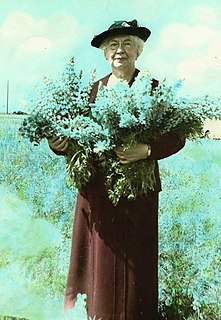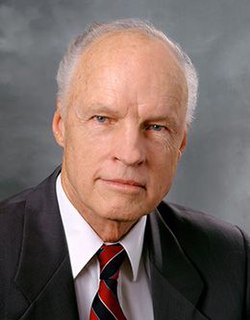A Quote by Francois Fenelon
Crosses are of no use to us but inasmuch as we yield ourselves up to them and forget ourselves.
Related Quotes
Demons frighten us because we set ourselves up to be frightened. We are overly attached to our reputations and possessions. When we love and desire what we should be rejecting, we are in conflict with our true selves. That's when the negative energies catch us and use our weapons against us. Instead of taking up what we have to defend ourselves, we put our swords in the hands of our enemies and make them attack us.
In modern society most of us don't want to be in touch with ourselves; we want to be in touch with other things like religion, sports, politics, a book - we want to forget ourselves. Anytime we have leisure, we want to invite something else to enter us, opening ourselves to the television and telling the television to come and colonize us.
It is this unquiet self-love that renders us so sensitive. The sick man, who sleeps ill, thinks the night long. We exaggerate, from cowardice, all the evils which we encounter; they are great, but our sensibility increases them. The true way to bear them is to yield ourselves up with confidence to God.
Sorrow is God's plowshare that turns up and subsoils the depths of the soul, that it may yield richer harvests. If we had never fallen, or were in a glorified state, then the strong torrents of Divine joy would be the normal force to open up all our souls' capacities; but in a fallen world, sorrow, with despair taken out of it, is the chosen power to reveal ourselves to ourselves. Hence it is sorrow that makes us think deeply, long, and soberly.
We are most blessed when we see ourselves as we are seen by [the Savior] and know ourselves as we are known by Him. In this world, we do not really grasp who we are until we know whose we are. The Lord says, 'I will not forget you. I have graven you on the palms of my hands' (see Isaiah 49:15-16). He will never forget us nor our real identity. [And, neither should we ever] forget whose we are. We are His.




































